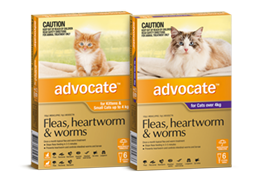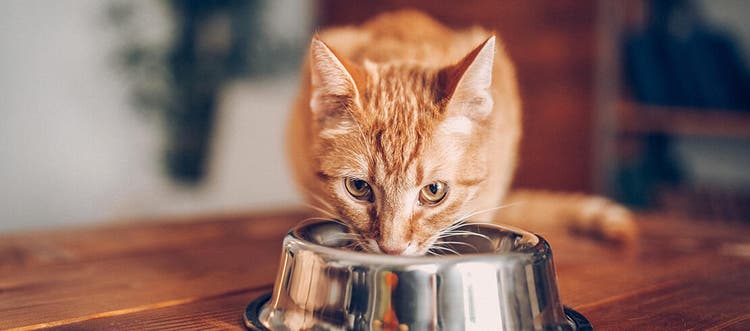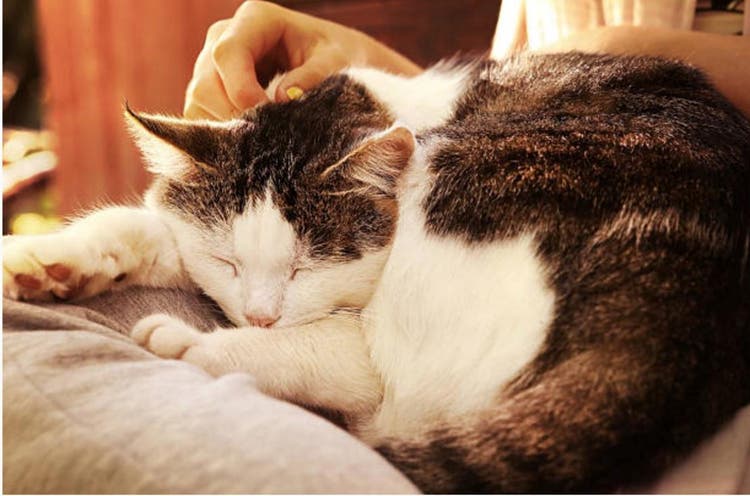Kittens are particularly susceptible to worms and other parasites. Get the facts about the worms that kittens can contract, and when you can start giving your kitten a worming treatment.
Kittens can easily contract worms and can be more severely impacted by infections than their adult cat counterparts.
Many kittens won't show any sign of having worms, which is why it's so important to treat them - whether or not you suspect their presence.
If left untreated, worms can cause weight loss, vomiting, diarrhoea, irritation and a range of other health issues that can negatively impact a kitten's growth - and even their survival.
It is best to start worming your kitten early. Familiarising yourself with the signs and symptoms of worms, as well as the types of treatments available can help with preparation and prevention.
Types of worms commonly found in kittens
There are three main types of intestinal worms that can infect your kitten: roundworms, hookworms and tapeworms.
Roundworms
Roundworms are the most common and can be passed on to kittens through:
- The faeces of an infected cat
- Infected soil
- Their mother's milk
- Hunting and eating infected animals e.g. birds, rodents
Because of their age and obvious close contact with their mother, kittens are particularly susceptible to roundworm.
Hookworms
Hookworms are blood suckers that live in the intestines of kittens and cats. Kittens can be infected by:
- Ingesting larvae that have hatched from hookworm eggs shed in the faeces of an infected cat. This often occurs during grooming
- Hunting and eating infected animals like rodents or birds
- Larvae from the soil burrowing through the kitten's skin
Tapeworms
Tapeworms are long, flat and segmented. Kittens are most likely to contract a tapeworm by accidentally eating infected fleas while grooming. As the kitten grooms, they ingest infected fleas. The tapeworm larva then attaches itself to the kitten's small intestine, where it develops into an adult worm.
Other worms
Kittens can also be infected by heartworm and lungworms and the health consequences of these parasites can be severe. This means that prevention is key.
When to begin deworming treatments in kittens
In contrast to dogs, kittens are not born with worm larvae already present in their gut, but they can contract them from their mother's milk. Because of this risk, deworming treatment should begin from a young age. MilbemaxTM is a small, convenient tablet that can be given from 6 weeks of age and protects against all the major intestinal worms.
Once your kitten is 9 weeks old, they can start on monthly AdvocateTM which will then continue to control intestinal nematode worms, and will protect against fleas, heartworm and lungworms. Good flea control also helps to prevent flea tapeworm.
If you live in a tick-affected area, we recommend combining Advocate or Milbemax with a tick treatment such as SerestoTM. Talk to your vet for advice on the best option for your pet. Regular deworming treatments protect cats against the worms that are most likely to cause harm, keeping them happy, healthy and safe.
Always read the label and follow directions for use.










